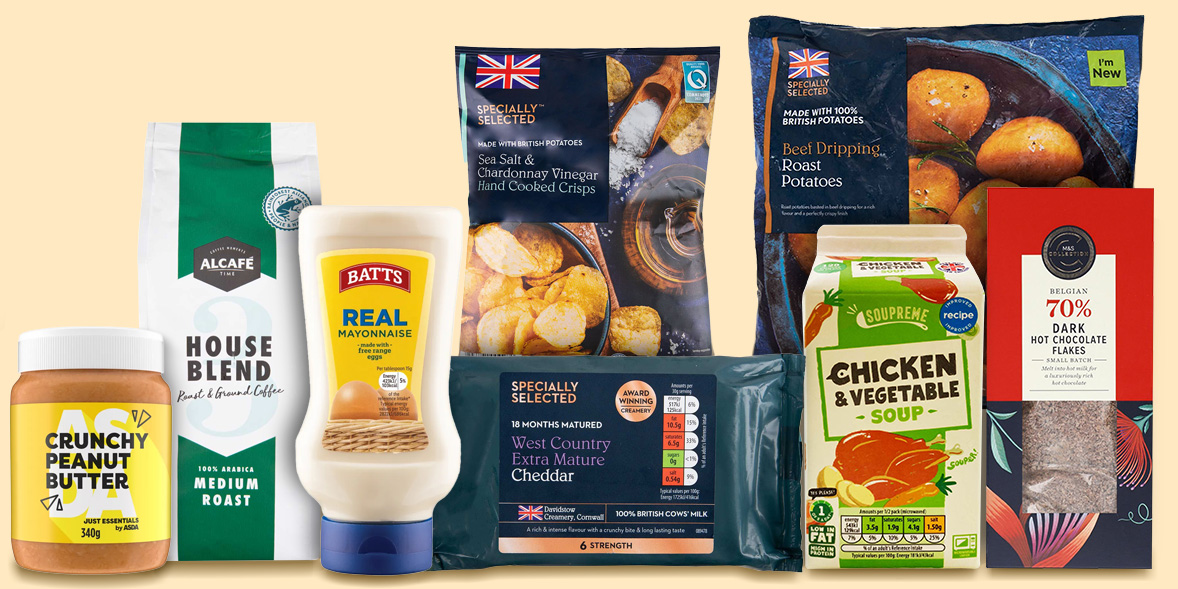In the world of commerce, products can be broadly categorized into two main types: consumer products and industrial products. While both serve specific purposes, they differ significantly in terms of their target audience, usage, marketing strategies, and overall characteristics. In this article, we will delve into the intricacies of consumer and industrial products, exploring their differences and shedding light on their unique features.
- Definition and Purpose:
Consumer Products:
Consumer products are goods or services that are purchased by individuals for personal use or consumption. These products are typically intended for the end-user and are available in the retail market. Examples include clothing, electronics, cosmetics, and household items. Consumer products are designed to meet the needs and preferences of individual consumers, focusing on factors such as aesthetics, convenience, and affordability.
Industrial Products:
Industrial products, on the other hand, are goods or services that are used by businesses or organizations to facilitate production processes or provide support in the production of other goods and services. These products are not meant for direct consumption by end-users but rather for use in manufacturing, construction, or other industrial operations. Examples include machinery, raw materials, components, and specialized software. Industrial products are typically characterized by their durability, reliability, and compatibility with specific industrial processes.
- Target Audience and Distribution Channels:
Consumer Products:
Consumer products are aimed at the general public and are distributed through various channels such as retail stores, e-commerce platforms, and direct sales. Marketing strategies for consumer products often focus on creating brand awareness, appealing to consumer emotions, and highlighting the benefits and features that resonate with individual consumers. The packaging and presentation of consumer products play a crucial role in attracting potential buyers.
Industrial Products:
Industrial products, on the other hand, target businesses and organizations rather than individual consumers. They are typically distributed through specialized channels such as wholesalers, distributors, or directly to industrial customers. Marketing efforts for industrial products revolve around building relationships with key decision-makers, providing technical specifications, demonstrating cost-effectiveness, and emphasizing the product's ability to enhance productivity or efficiency in industrial operations.
- Complexity and Customization:
Consumer Products:
Consumer products are often designed to be user-friendly and require minimal technical knowledge for operation. They are usually mass-produced and standardized to meet the demands of a wide range of consumers. However, customization options are becoming increasingly prevalent in certain consumer product categories, allowing consumers to personalize their purchases to some extent.
Industrial Products:
Industrial products, on the other hand, tend to be more complex and specialized. They are often tailored to meet the specific requirements of industrial processes or applications. Industrial products may involve intricate technical specifications, compatibility considerations, and customization options to align with the unique needs of industrial customers. The level of customization and technical support provided by manufacturers is crucial in industrial product selection.
Conclusion:
In summary, consumer and industrial products differ significantly in their target audience, distribution channels, complexity, and customization. Consumer products cater to individual consumers' needs and preferences, emphasizing aesthetics and affordability, while industrial products serve businesses and organizations, focusing on durability, reliability, and compatibility with industrial processes. Understanding these distinctions is essential for businesses and consumers alike, as it enables informed decision-making and effective marketing strategies in the ever-evolving marketplace.




